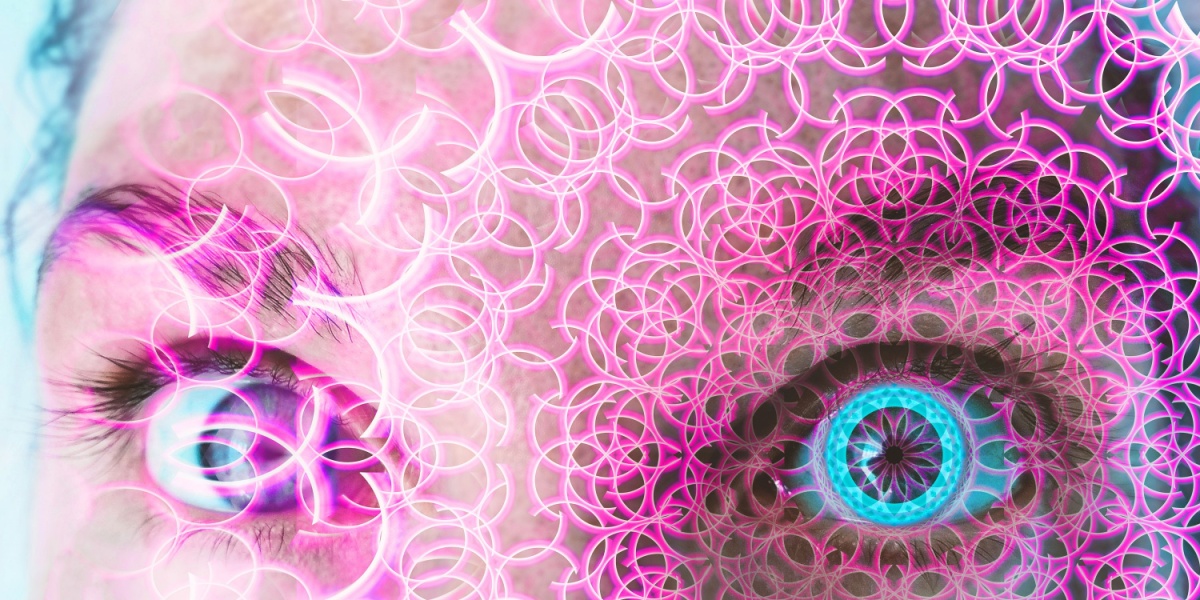DMT (N, N-dimethyltryptamine) is a psychedelic drug with short-lived hallucinogenic effects. It is commonly used in traditional ceremonies, particularly those using ayahuasca, a plant that contains DMT and is drunk as a tea. Taking large doses of DMT can result in intense or unpleasant effects, though these typically don’t lead to overdose or death. However, combining DMT with certain substances may increase the risk of adverse physical and/or psychological effects.
- DMT does not typically cause severe or life-threatening overdoses, although large doses can produce unpleasant effects known as a ‘bad trip’.
- Someone experiencing a bad trip might require support from a trusted friend or professional to help overcome the effects.
- Taking DMT with other substances might lead to unpleasant or dangerous effects, such as frightening experiences, serotonin syndrome, or seizures.

Understanding DMT overdose
Drug overdoses are typically thought of in terms of physical effects and potentially fatal situations. DMT, a psychedelic drug, is very unlikely to cause this type of overdose. However, it is possible for a person taking DMT to encounter unpleasant physical and/or psychological effects from the drug especially when taken in higher doses. [1]
DMT causes short-lived hallucinogenic experiences, which may be more extreme with larger doses. These effects can be frightening or unpleasant, often called a ‘bad trip’. This might include: [2]
- Extreme anxiety
- Experiencing frightening hallucinations
- Confusing or overwhelming perceptual changes
- Extreme fear or paranoia
- Depersonalization or derealization – loss of personal or external reality
These effects can be disturbing and might lead to unsafe reactions or behaviors, although the drug itself is unlikely to cause the individual to be in danger. The changes in reality and perception caused by the drug are often the reason people choose to use DMT in recreational or ceremonial settings. [3]
Historical and contemporary reports suggest that these effects can be beneficial when DMT is used in a safe and controlled environment. However, as these effects can be very powerful, it is possible for people to experience negative outcomes from DMT use. Prolonged or excessive use may increase the risk of flashbacks, which can occur several months or years after drug use. [2][4]
Serotonin syndrome
DMT can cause physical effects, which, although they are unlikely to cause severe harm or death, may be dangerous when combined with other substances. DMT impacts serotonin levels and activity and, if combined with other serotonergic substances or medications, may increase the risk of serotonin syndrome. [3][5]
Symptoms of serotonin syndrome can include: [6]
- Extreme changes in mood or behavior, including agitation, anxiety, or confusion
- Shaking
- Changes in heart rate and blood pressure
- Increased temperature
- Fever
- Vomiting
- Heart irregularities
DMT overdose symptoms
Taking high doses of DMT is unlikely to be fatal, although potentially unpleasant effects may occur, such as: [2][3]
- Distorted sense of reality
- Anxiety
- Fear
- Increased heart rate
- Vomiting or nausea
- Confusion
- Hallucinations
- Paranoia
- Risky behaviors
If DMT is taken in combination with other substances, overdose may be more likely and can cause symptoms such as: [2][9]
- Extreme changes in heart rate and blood pressure
- Breathing difficulties
- Seizures
- Loss of consciousness
- Harmful or risky behaviors
- Psychotic symptoms
Because of the potential for these adverse effects to occur, some underlying conditions could cause a greater risk of physical or psychological harm from DMT use. For example, people with mental health conditions such as mood disorders, anxiety disorders, or psychotic disorders may be at more risk of experiencing adverse psychological effects. People with conditions related to heart function, breathing, or seizures, may be at risk of exacerbating these conditions.
Can you die from a DMT overdose?
DMT is unlikely to cause death, even when taken in large doses. It has little physical impact on the body that could be considered harmful, although there is limited scientific data on its full range of effects. [3][7]
The potential harm of taking DMT is associated more with its psychological effects. A person may be at risk of accidental harm when under the effects of DMT. [8]
Additionally, as DMT is illegal, it is produced and sold illicitly. It is not always possible to know exactly what a drug contains and there may be a risk of individuals taking DMT that has been mixed with other substances, such as fentanyl, which can cause harmful or life-threatening effects. [9]
What to do if someone takes too much DMT
If someone has taken DMT and appears to be experiencing adverse physical or psychological effects as listed above, call 911 for medical assistance. The effects of DMT typically last a short time, so treatment may not be required to manage symptoms, although professional support may be beneficial to ensure the individual’s safety. [1]
Is DMT addictive?
Like other psychedelics, there is no evidence to suggest that DMT use leads to dependence or addiction. However, its rapid, potent, and short-lived effects may increase the likelihood of abuse. This risk might be increased if a person unknowingly uses DMT that is mixed with addictive substances. [1][3]
Where to find treatment
Someone regularly using DMT or other substances may require support in reducing or stopping drug use. Available professional treatments include:


-guide-detail.jpg?v=1722502744)

